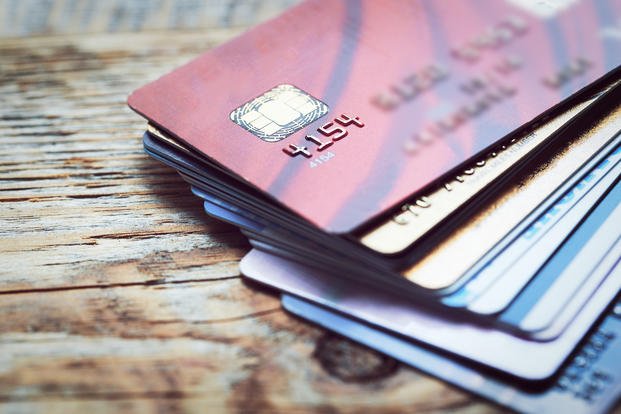Your credit score, the three-digit number that follows you around for life, requires your supreme care. The amount you pay for credit and insurance premiums; and whether you are offered a job, approved to live in an apartment, or get utilities turned on in a new residence can be governed by your credit score. Thinking like a creditor and knowing what affects your score will help you improve your financial well-being.
Here is how your credit score is weighted:

Taking the following steps can help you avoid common mistakes that could ultimately damage your score.
- Know your score. The first step to improving your credit score is obtaining it from a credit ratings agency. See the Check Your Credit Score action plan for guidance on how to do this.
- Get current and stay current on your payments. The primary concern of lenders is whether borrowers can repay the money they borrow, so whether or not you pay your bills on time affects your score the most. The best way to improve your score is to pay your bills on time every month. Pay at least the minimum due well in advance of the due date. Being even one day late on a payment could lower your credit score.
If you've made a late payment, be sure to get back on track as soon as possible. The longer you pay your bills on time, the more your credit score should increase. The impact of past credit problems on your credit score fades as time passes and as recent good payment patterns show up on your credit report.
If you're having trouble paying even your minimum payments, contact your lender as soon as possible to see if you can negotiate more manageable repayment terms. - Pay down your credit cards. If you max out your credit limit, or come close to it, lenders figure you might likely default on a new loan. For example, if your credit limit is $20,000, and you charge $19,000, you are using 95 percent of your available credit. This is called overutilization and makes creditors nervous because your debt-to-credit ratio is too high. The second best way to improve your credit score is to use less than 30 percent of the available credit on your credit card(s) and to pay down installment or mortgage loan balances. For more information on financial ratios and how to calculate them, see the Manage Your Financial Health action plan.
- Carefully consider canceling cards, especially older accounts. Lenders believe the longer you've had credit, the better. Don't close unused credit card accounts -- especially if they are the ones that you've had open the longest. Closing an account could make your debt-to-credit ratio worse because you would be cutting down on your total available credit when you close the account. But continue to check your account statements regularly to be sure you are not victimized by identity theft or hit with surprise fees.
- Strike a balance between paper and plastic. Having a record of on-time payments for both revolving accounts and installment loans should help your credit score. In fact, having a mix of credit types on your credit report is normal for people with longer credit histories and can add slightly to their scores. However, you need to make sure you're striking a balance as to how you pay these off. If you have only an installment loan (for example, a car loan) and then pay cash for everything else, you might actually be hurting your credit score. That's because having and using a credit card responsibly can convey prudent money management -- which in turn can boost your credit score. But, if you need the discipline of using paper over plastic to keep your debt in check, do so.
- Do not apply for credit you do not need. The more frequently you ask for credit, the riskier you will seem to creditors, and that could also lower your credit score. New accounts will lower your average account age, which will have a larger effect on your score, especially if you don't have a a long credit history to begin with. Also, rapid account buildup can look risky if you are a new credit user. Try to wait at least six months between applications for more credit.
You should know that if you have had past credit problems, only two things will eventually help your credit score: making payments and the passage of time. Time will work in your favor as long as you discharge your debts as quickly as possible and on time. To learn more about credit scores, see the How Your Credit Score Impacts Your Financial Future action plan.
See our Choosing a Credit Card Action Plan to find a credit card that will help you stay out of credit danger.
Unlock a brighter financial future. Click here to get started.














